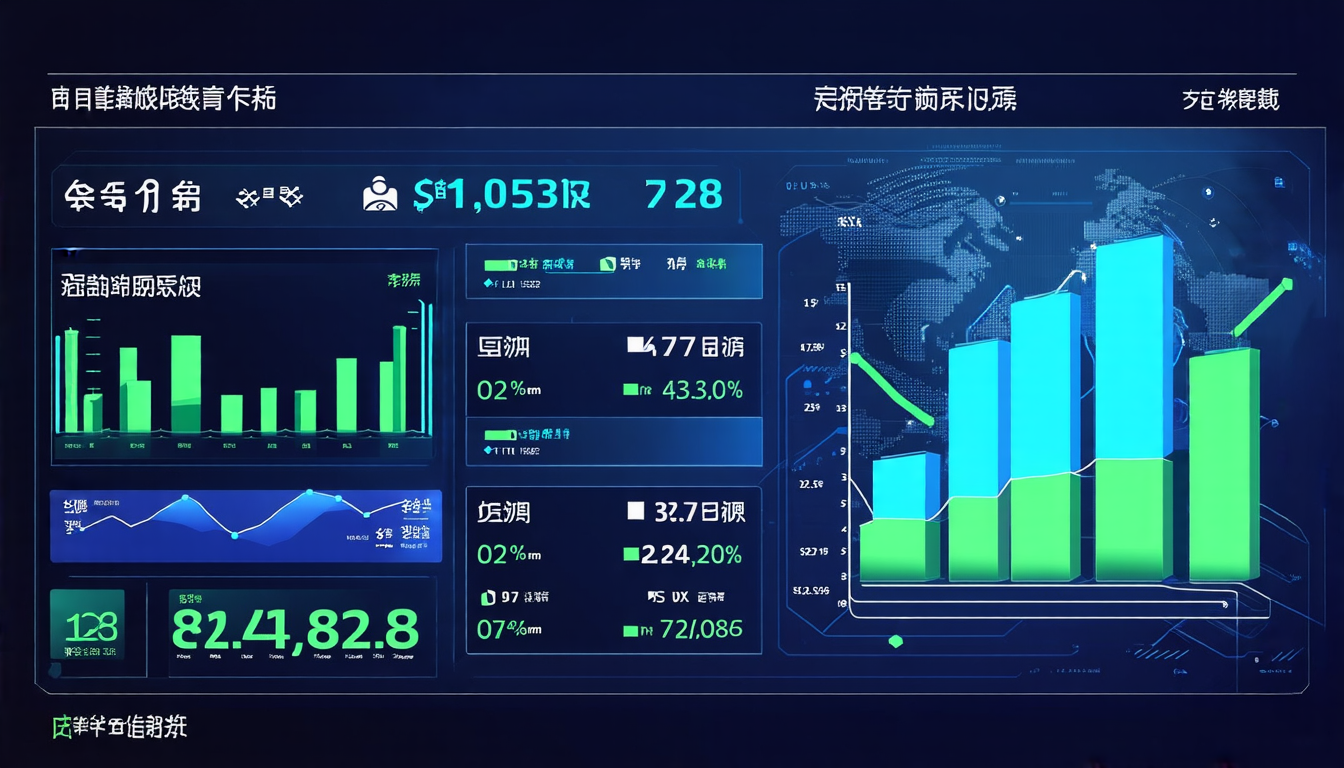Thursday 09 October 2025
As China’s economy continues to evolve, a new study has shed light on how digital transformation is affecting the way companies allocate their financial assets. The research suggests that embracing digital technology can have a profound impact on corporate finance, leading to more efficient and effective decision-making.
The study analyzed data from over 1,000 Chinese listed companies between 2010 and 2022, using advanced text analysis techniques to construct a firm-level digitalization index. This index was then used to examine the relationship between digital transformation and financial asset allocation, with a focus on both long-term and short-term investments.
The results were striking: companies that had undergone significant digital transformation were more likely to allocate their assets in a way that maximized returns. In particular, they tended to hold a higher proportion of long-term financial instruments, such as bonds and stocks, which are less liquid than cash but offer higher potential returns over the long term.
But why does this matter? For one thing, it suggests that digital transformation can help companies navigate periods of economic uncertainty by providing them with more flexibility and resilience. By diversifying their investment portfolios and reducing their reliance on short-term cash flows, firms can better weather financial storms and take advantage of new opportunities as they arise.
The study also found that the impact of digital transformation on financial asset allocation varied depending on factors such as company size, location, and ownership structure. For example, larger companies tended to be more responsive to changes in market conditions, while state-owned enterprises were more likely to hold a higher proportion of cash reserves.
These findings have important implications for policymakers and business leaders alike. As China continues its transition towards a digital economy, it is essential that companies are equipped with the skills and resources they need to thrive in this new environment. By investing in digital infrastructure and encouraging innovation, governments can help create an ecosystem that supports entrepreneurship and job creation.
For companies themselves, the study suggests that embracing digital transformation can be a key driver of success. By leveraging technology to streamline their operations, improve decision-making, and enhance customer engagement, firms can gain a competitive edge in today’s fast-paced business landscape.
Ultimately, this research highlights the critical role that digital transformation plays in shaping the future of corporate finance. As companies continue to navigate the challenges and opportunities presented by the digital age, it is essential that they prioritize innovation and investment in this area if they are to remain successful in the long term.
Cite this article: “Digital Transformation’s Impact on Corporate Finance”, The Science Archive, 2025.
Digital Transformation, Corporate Finance, China, Financial Assets, Investment, Decision-Making, Digitalization, Economy, Entrepreneurship, Innovation







